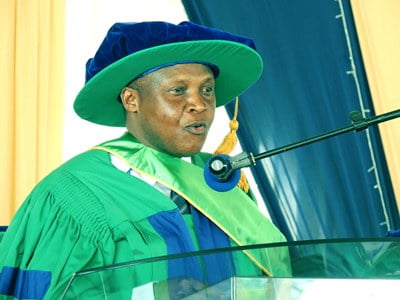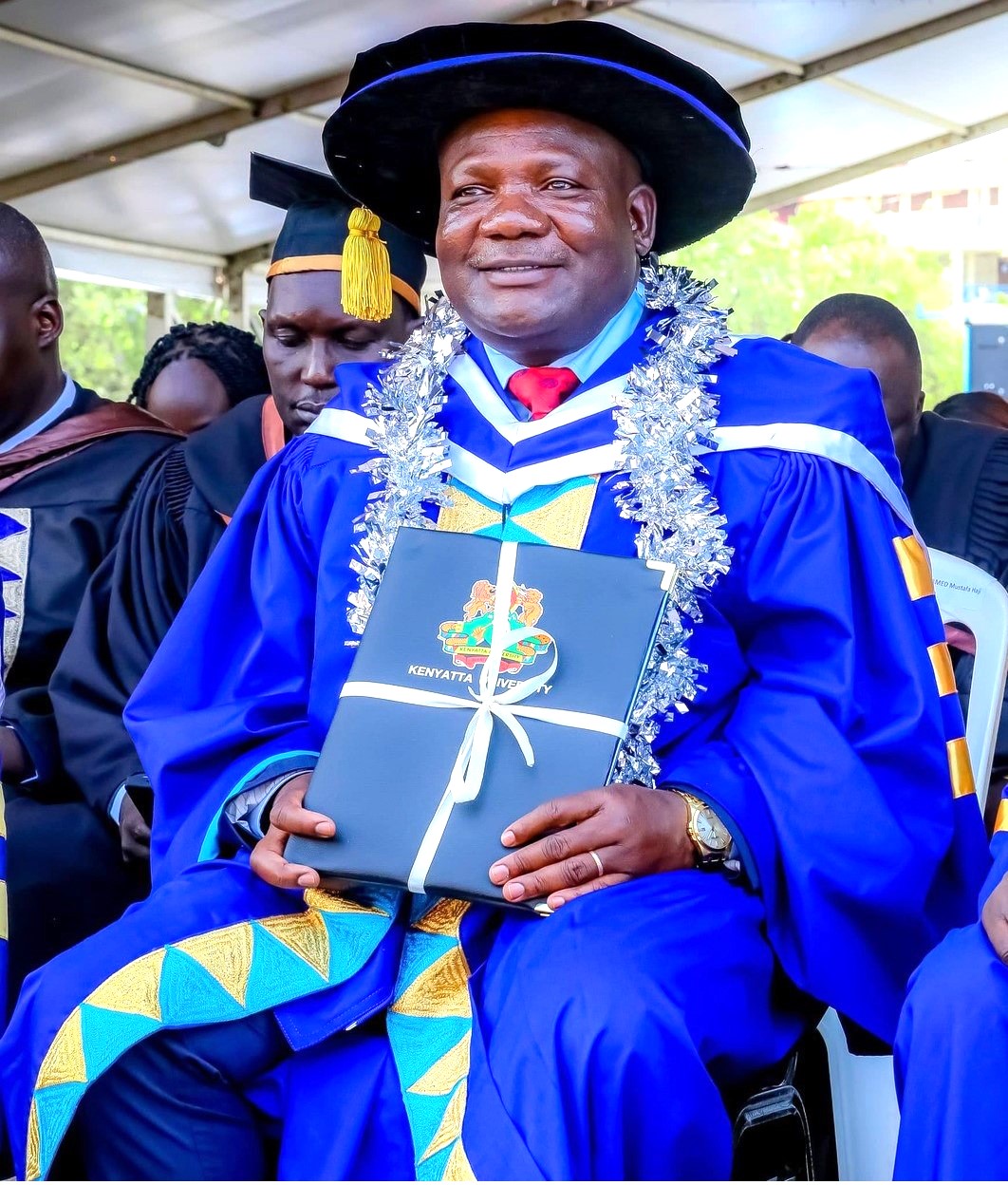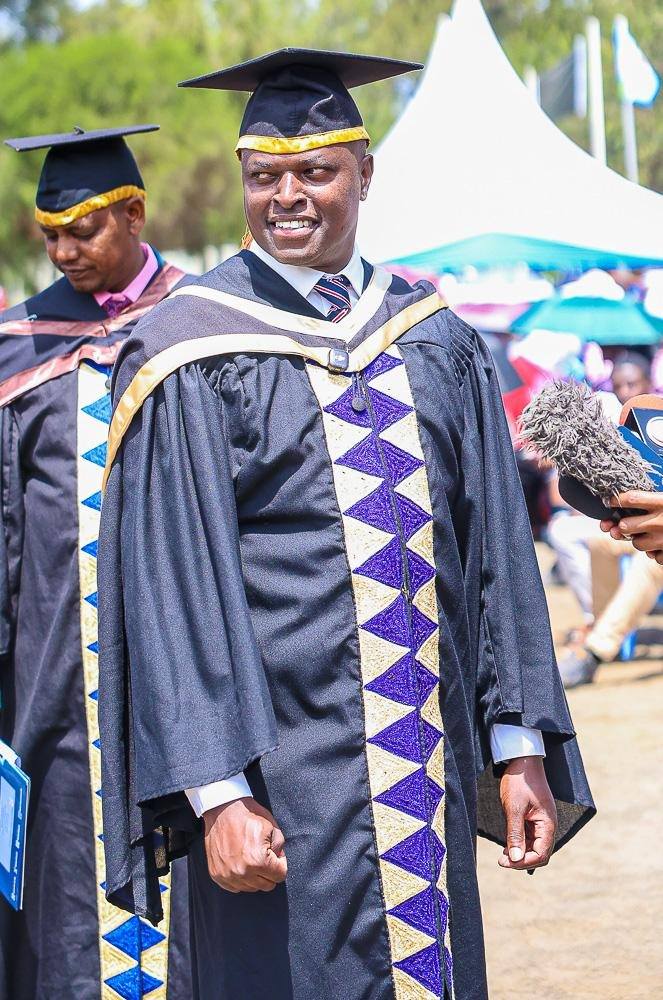By Correspondent
Public universities’ recurrent expenditure has been increased by Sh5.7 billion, whereas the development budget has been reduced by Sh1.3 billion.
The increase on the recurrent expenditure under the University Education Programme is meant for implementation of the 2017/2021 Collective Bargaining Agreement (CBA) which has seen varsity dons down tools three times in the last 12 months.
The lecturers called off their strike a couple of days ago which had paralysed learning in Public universities for close to three months.
University Academic Staff Union (UASU) called off the strike after negotiations with Vice Chancellors Committee at the Ministry of Labour offices. The negotiations were led by Hellen Apiyo, a conciliator from the ministry.
According to a report prepared by the Parliamentary Committee on Education and Research, Sh103.1 billion has been allocated to the Directorate of Higher Education to be shared out to the various Public universities.
The total proposed 2018/2019 budget for the Education sector now amounts to Sh428.3 billion out of which Sh401 billion is for recurrent expenditure, while Sh27.5 billion is for development expenditure.
This beats the Government policy that the lion’s share of the Education budget would always go towards development expenditure other than recurrent.
The State Department for Basic Education has an allocation of Sh98.2 billion, the State Department for University Education has an allocation of Sh103.1 billion; State Department for Technical and Vocational Training, an allocation of Sh8.4 billion and Teachers Service Commission has Sh218.8 billion.
According to the report seen by Education News, universities will centre on Teacher Resource Management, Governance and Standards, and the General administration.
The Departmental Committee on Education and Research has observed that the challenges in implementing the 2017/2018 Budget resulted from the Recurrent and Development budget rationalization due to austerity measures applied at the rate of 75 per cent which adversely reduced the operation and maintenance expenditures, and also infrastructural projects.
Delayed exchequer releases especially for development projects also affected the budget implementation.
“The ministry submitted that the State Department of University Education will implement three programmes in 2018/2019 Financial Year namely, University Education, Research and Innovation; and National Commission for Science, Technology and Innovation.
“The ministry also submitted that key priority areas to be implemented in 2018/2019 Financial Year are the subsector of University Education which should be allocated Sh99,764 million.
This allocation will cater for capitation to universities, University Students’ loans and bursaries through HELB, lecturers CBA and infrastructural development in universities.Research, Technology and Innovation will also be implemented with an allocation of Sh2, 174 million.
“This programme is meant to improve and provide a conducive research environment to researchers which will greatly impact the research standards in Kenya,” starts the report.
It is also noted in the report that the State Department for University Education’s Recurrent and Development were rationalized through the Treasury Circular (Ref No. ES 1/02 “B” – 62) of September 25th, 2017 which adversely reduced the operation expenditures under recurrent and also infrastructural development projects across Public universities.
The Parliamentary Committee on Education and Research further notes that introduction of new projects especially in Public universities continues yet the on-going projects are not fully funded.
“This is a poor financial management practice. Starting new projects without completing on-going ones could result to numerous projects being abandoned before full completion which could result in wastage of public funds,” the Committee chaired by Julius Melly, MP for Tinderet stated.
“The introduction of new of new projects particularly in the universities must be completely frozen and priority given to the on-going projects through channelling resources towards their completion. The ministry should closely monitor compliance to the National Treasury on prioritizing on-going projects,” states the Departmental Committee on Education and Research.






